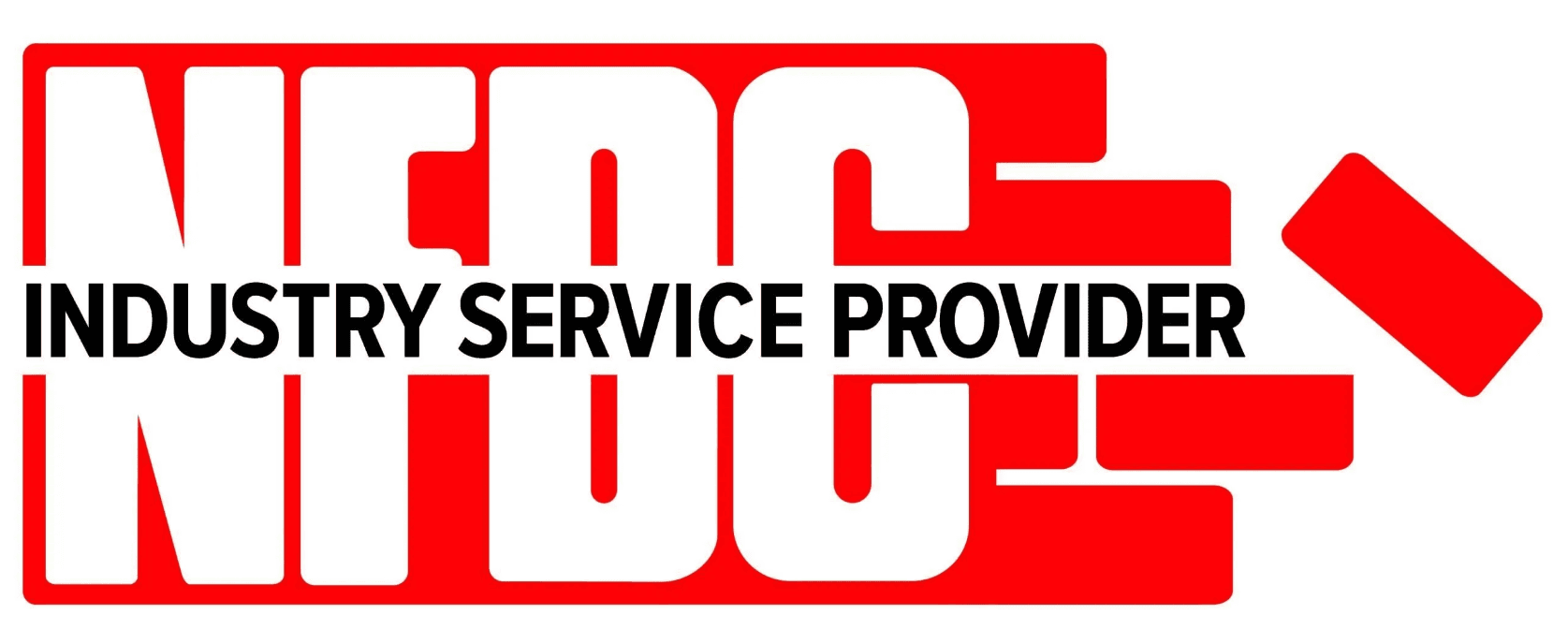HOME
BLOG
FMCG
May 31, 2024
The UK’s food manufacturing industry is facing a significant challenge - a chronic shortage of workers and talent. Over the past two years, labour shortages in this industry have become increasingly critical. A report by the Environment, Food and Rural Affairs Committee (EFRA) revealed that in August 2021, there were around 500,000 unfilled positions out of 4.1 million roles in the food industry. This shortage has led to various consequences such as reduced production and quality, increased reliance on international imports, delivery delays, higher pressure on existing staff, and diminished business profitability, growth, and investment. In response, companies in the food manufacturing industry are having to invest significantly in order to retain and recruit staff, while also considering a future that may involve less human labour and more automation.
As consumer demands change and technology advances, the sector needs a workforce that is adaptable, skilled, and forward-thinking. There is a growing demand for professionals with expertise in online sales, digital customer experience, and logistics management tailored to e-commerce needs.
FMCG Trends in 2024
Recent data indicates that UK consumers spent a total of £202.2 billion on FMCG products in 2023, marking an 8.4% increase from the previous year. The following 2024 FMCG trends are transforming the industry by prioritising sustainable product development and packaging, elevating the customer experience, and embracing digitisation.
Sustainable Development: Integrating Environmental Practices into Business Strategies. Sustainability is no longer just a trend, but has become a significant factor driving growth for companies. Consumers are increasingly environmentally conscious, and FMCG (Fast Moving Consumer Goods) companies are proactively adopting eco-friendly practices. Best industry practices include avoiding single-use packaging, utilizing recycled materials, and implementing energy-saving technologies. Companies that prioritize these aspects not only enhance and establish their brands in the market, but also draw the attention of environmentally conscious consumers.
Customer Experience: Engagement through Virtual and Augmented Reality. Technologies are being increasingly used by companies in the FMCG industry. Innovation helps companies offer consumers not just products, but also experiences. People enjoy interactivity and play, so companies are starting to use this in product promotion. For instance, augmented and virtual reality create more engaging and interactive product experiences. This involvement gets buyers interested and loyal to the brand as they experience positive emotions. This trend makes brands more visible and improves the consumer experience.
Direct Distribution to Consumers: Brands Independently Interact through Online Channels. Direct distribution is increasingly becoming a strategic move for FMCG companies. Communicating with consumers through their own online and offline sales channels helps companies directly influence customer loyalty, gain better insights into their customers, understand their needs, and therefore ensure steady business growth. This approach reduces the distance between producers and consumers, providing unique opportunities to personalise services and offers.




